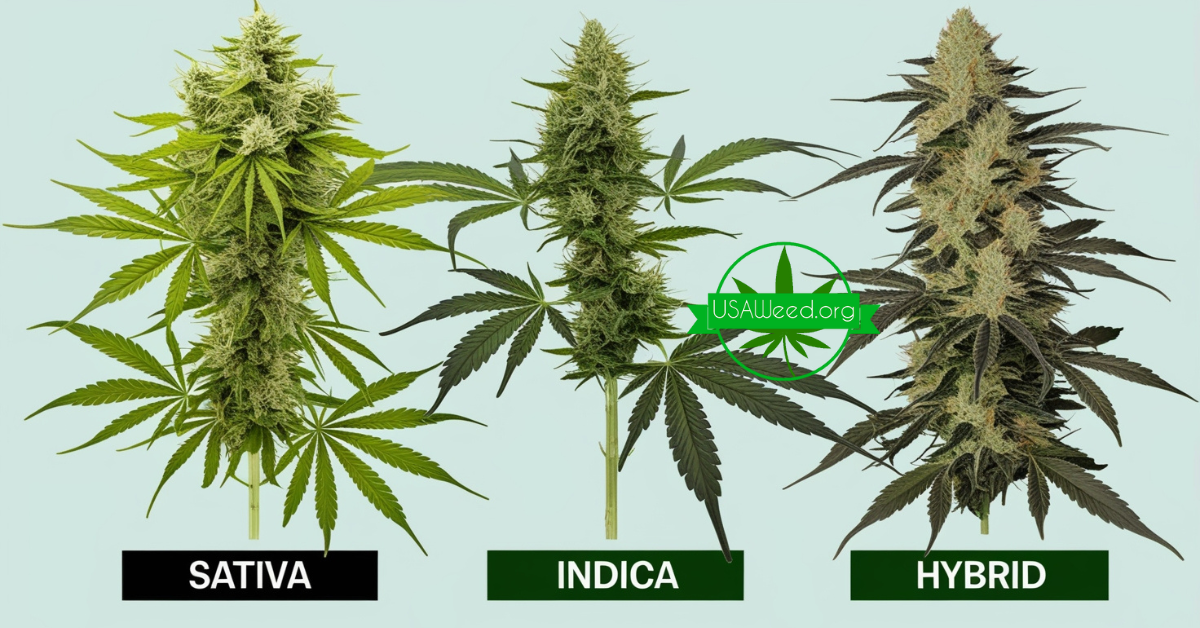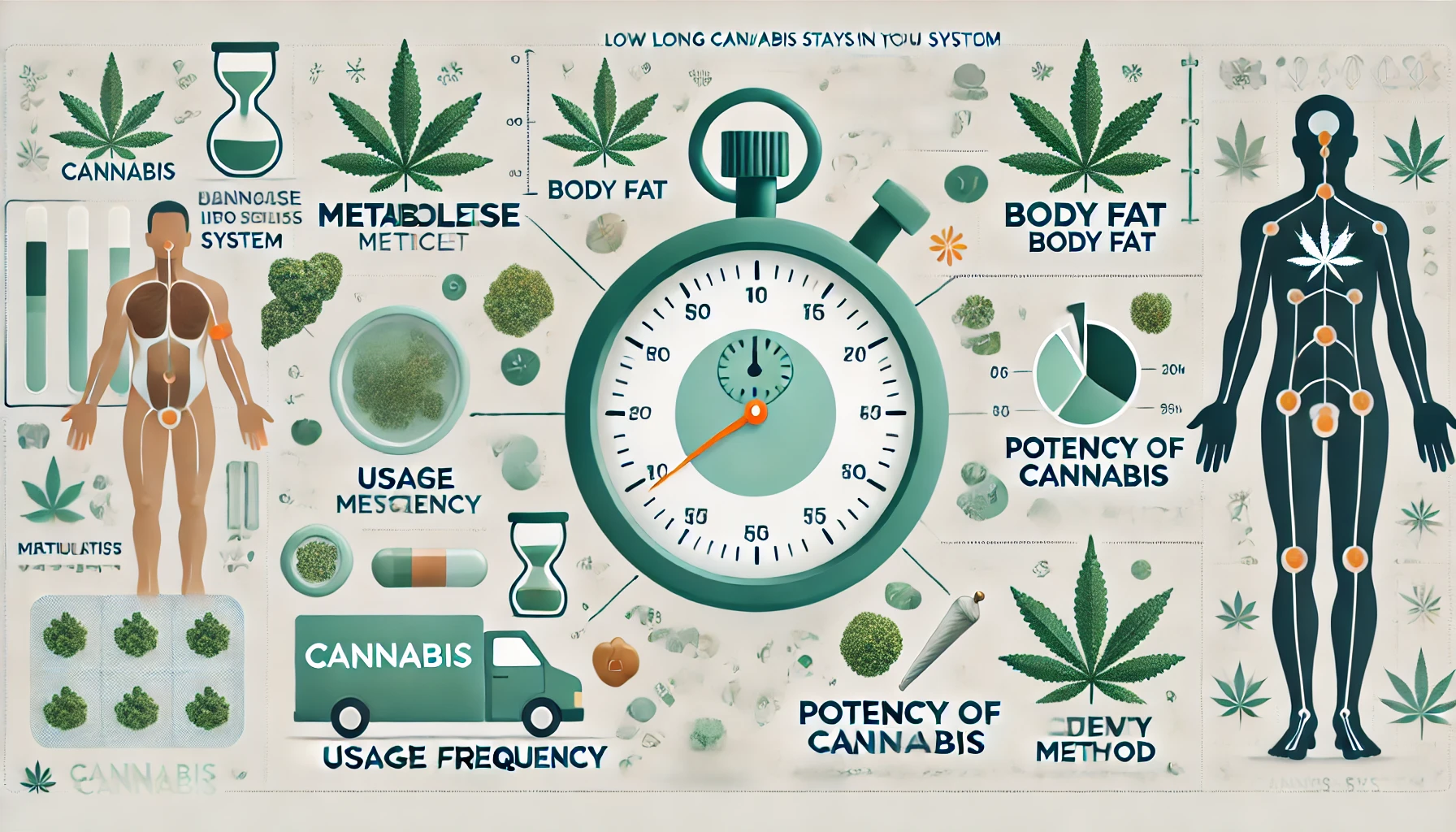Cannabis has emerged as a topic of interest not only for its recreational uses but also for its potential medicinal benefits. With the changing legal landscape surrounding cannabis in many parts of the world, understanding its health implications has never been more crucial. This article explores the intricacies of the cannabis plant, its health benefits and risks, and the diverse cultural contexts in which people use cannabis.
Understanding the Cannabis Plant
The History of Cannabis Use
The use of cannabis dates back thousands of years, with evidence of its cultivation found in ancient Chinese texts and historical records from various cultures around the globe. Initially utilized for its fibers, seeds, and medicinal properties, cannabis played a crucial role in herbal medicine in numerous societies.

In ancient India, cannabis was revered in spiritual practices and literature, while in the Middle East, it was introduced as a significant psychoactive substance. The journey of cannabis continued into the 20th century when it became widely misunderstood and stigmatized, leading to strict regulations and prohibition in many countries.
The Different Strains of Cannabis
Today, cannabis is classified into various strains, primarily categorized into three types: Indica, Sativa, and hybrid. Each strain offers distinct effects and benefits, making it essential for users to understand their differences.

- Indica: Often associated with relaxing effects, Indica strains are commonly used for nighttime use or for individuals seeking relief from anxiety and insomnia.
- Sativa: Known for their uplifting and energizing properties, Sativa strains are popular for daytime use and can enhance creativity and focus.
- Hybrid: These strains are a blend of both Indica and Sativa, producing varying effects depending on the dominant strain.
This variety of cannabis strains allows users to tailor their experience according to their needs, whether recreationally or medicinally.
The Health Benefits of Cannabis
Pain Management and Cannabis

Cannabis has gained attention for its potential effectiveness in pain management, especially for chronic pain conditions. Research suggests that cannabinoids, the active compounds in cannabis, can interact with the body’s endocannabinoid system to alleviate pain and inflammation.
Many patients suffering from conditions like arthritis, fibromyalgia, and multiple sclerosis have reported significant relief from their symptoms through cannabis use, paving the way for further research into its therapeutic applications. Patients may often seek recommendations from a cannabis dispensary to find the right strain or product that meets their needs.
Cannabis and Mental Health
The relationship between cannabis and mental health is complex. Some studies indicate that cannabis can help alleviate symptoms of anxiety and depression, acting as a natural alternative to conventional medications.

However, it’s essential to approach this topic cautiously, as heavy use or reliance on cannabis can also lead to increased anxiety, depression, or exacerbation of pre-existing mental health issues in some individuals.
Cannabis in Cancer Treatment
In recent years, cannabis has garnered attention for its potential role in cancer treatment. Patients undergoing chemotherapy often face debilitating side effects like nausea and loss of appetite. Research indicates that cannabis can help mitigate these effects, improving the quality of life for cancer patients.

Additionally, some studies suggest that cannabinoids may possess anti-tumor properties, although more research is needed to establish definitive conclusions regarding their efficacy in cancer treatment.
The Risks and Side Effects of Cannabis Use
The Short-term Effects of Cannabis
While cannabis can offer various benefits, it is not without potential risks. Short-term effects may include impaired memory, altered judgment, and coordination issues, which can lead to accidents, particularly when driving.
New users, in particular, may experience anxiety or paranoia, emphasizing the importance of responsible use and awareness of one’s limits.
The Long-term Effects of Cannabis
Long-term use of cannabis can lead to dependency issues and affect cognitive functioning. Some studies have shown that prolonged exposure, especially in adolescence, can lead to lasting impairments in memory and learning.

Additionally, respiratory issues may arise from smoking cannabis, similar to those experienced by tobacco users. Understanding these risks is crucial for those considering cannabis for recreational or medicinal use.
The Legal Status of Cannabis
The Evolution of Cannabis Laws
The legal status of cannabis has undergone significant changes over the past few decades. Initially criminalized worldwide, there has been a slow but steady shift towards legalization and normalization of cannabis use.

In several countries and states, cannabis is now legalized for both recreational and medical purposes, reflecting changing societal attitudes and an increasing acknowledgment of its potential benefits.
Current Legal Status Around the World
As of 2023, the legal status of cannabis varies dramatically across the globe. In North America, for example, countries like Canada have fully legalized cannabis, while others like Mexico are moving towards legalization. In Europe, several countries have adopted more liberal policies concerning medical cannabis use.
Conversely, some regions maintain stringent prohibition policies, reflecting cultural attitudes toward drug use. This patchwork of laws can be confusing for users and underscores the importance of staying informed about local regulations.

Why People Use Cannabis
Recreational Use of Cannabis
Many individuals use cannabis recreationally to unwind, socialize, or enhance their sensory experiences. The psychoactive effects of THC, one of the primary compounds in cannabis, can create feelings of euphoria, relaxation, and heightened perception.
The emergence of cannabis lounges and cafes reflects a growing trend towards socializing and enjoying cannabis in communal settings, similar to the culture surrounding wine or craft beer.
Medical Use of Cannabis
On the medicinal side, patients often turn to cannabis when conventional treatments fail to provide relief. Conditions such as chronic pain, epilepsy, and PTSD are among those increasingly managed with the help of cannabis.

More and more professionals like firefighters, athletes and military; are looking to THC for pain relief. The compassionate use of cannabis reflects a shift towards a holistic approach to health, where patients seek alternatives that align with their values and preferences.
Spiritual and Cultural Use of Cannabis
For many, cannabis is intrinsically linked to spiritual practices and cultural traditions. Indigenous cultures have utilized cannabis for centuries in rituals and ceremonies, celebrating its natural properties.

In modern contexts, many individuals also embrace cannabis for its potential to facilitate meditation, self-exploration, and connection with the universe. This cultural dimension adds depth to the understanding of cannabis use and its significance in various communities.
So wrapping up, cannabis serves various roles in society today, from recreational enjoyment to serious medicinal applications. As research continues to uncover its benefits and risks, the conversation around cannabis is set to evolve further, encouraging informed use and understanding among all individuals.
Disclaimer: We are not medical professionals, and the statements made in this article represent the opinions of the writer. The information provided is for educational purposes only and should not be considered medical advice. Before using cannabis, CBD, or any other supplements, please consult a licensed healthcare professional to ensure they are safe for your individual needs.
Find out more about cannabis here at Cannabis for Dummies.
